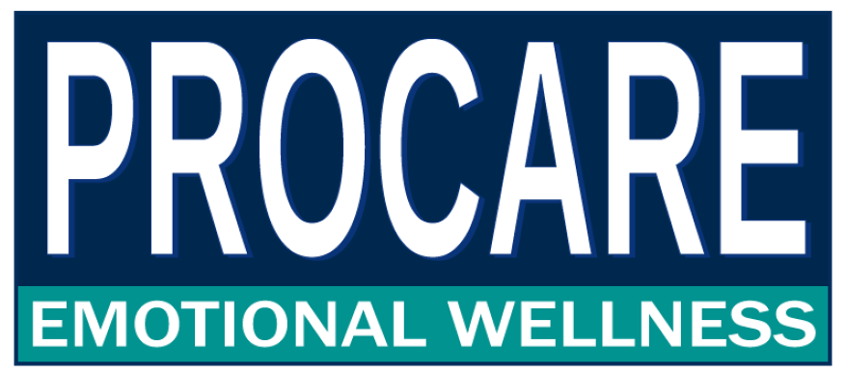Preventing Suicide and Supporting Mental Well-being
Every life matters. Every story is worth continuing. Yet for many people, the weight of emotional pain, hopelessness, and despair can feel unbearable. Suicide remains a leading cause of death worldwide, and here in South Africa, the numbers are equally alarming. But behind every statistic is a person who may have felt isolated, overwhelmed, or unseen.
At PROCARE, we believe that preventing suicide starts with recognising the signs, breaking the stigma, and standing together to support mental well-being.
Understanding the Reality
Depression is one of the strongest risk factors for suicide. But depression is not always obvious. It does not always look like sadness or tears. It can appear as withdrawal, irritability, exhaustion, or even perfectionism. Many people who are struggling do not speak up because they fear judgment, feel ashamed, or believe that nothing can change. The truth is that things can change. Help is available. People do recover.
What Can We Do?
1. Talk about it openly
Silence can be deadly. The more we avoid the topic of suicide, the more isolated someone might feel. Ask the difficult questions. Let someone know it is okay to not be okay. A simple “How are you really doing?” can be the start of a life-saving conversation.
2. Learn to spot the signs
Some common warning signs include:
Talking or writing about death, dying, or suicide
Withdrawing from friends, family, or usual activities
Expressing hopelessness or feeling like a burden
Dramatic mood changes or increased risk-taking
Giving away personal possessions or saying goodbye
If you notice these signs in someone, trust your instincts. Reach out.
3. Offer support, not solutions
You do not need to have all the answers. What matters most is your presence and willingness to listen. Avoid judgement or quick fixes. Instead, say things like: “You’re not alone.” or “Let’s find someone to help, together.”
4. Know where to turn
Encourage professional support. Counsellors, social workers, psychologists, and helplines are trained to assist those in crisis. In South Africa, you can contact:
Suicide Crisis Line: 0800 567 567
SADAG (24hr Helpline): 0800 456 789
Or speak to a PROCARE counsellor for confidential support.
What Not to Do When Someone Is Struggling
While our intentions are often good, certain responses can unintentionally cause harm. Here is what to avoid:
Do not minimise their pain.
Saying things like “Others have it worse” or “Just be positive” can make someone feel invalidated or ashamed for feeling the way they do.
Do not make it about you.
Avoid shifting the focus to your own experiences or emotions in that moment. Let the person be heard.
Do not promise secrecy.
If someone talks about wanting to hurt themselves, it is important to take it seriously and involve someone who can help. Keeping it a secret can be dangerous.
Do not shame or guilt them.
Phrases like “How could you think of doing that to your family?” may increase feelings of guilt and isolation.
Do not avoid the topic.
You will not put the idea in their head by asking about suicidal thoughts. In fact, asking directly can open the door for someone to speak honestly and get help.
Offering empathy, presence, and support, rather than judgement or advice, makes a meaningful difference.
You Are Not Alone
September is a month to raise awareness, but it is also a reminder that every one of us can be a lifeline. Whether you are the one struggling or the one supporting someone else, there is hope. There is help. And there is healing.
Sources for Further Reading
South African Depression and Anxiety Group (SADAG), 2024. Suicide prevention and warning signs. [online] Available at: https://www.sadag.org.
World Health Organization (WHO), 2023. Suicide. [online] Available at: https://www.who.int/news-room/fact-sheets/detail/suicide
National Institute of Mental Health (NIMH), 2024. Suicide Prevention. [online] Available at: https://www.nimh.nih.gov/health/topics/suicide-prevention
Mental Health Foundation, 2023. Looking after your mental health. [online] Available at: https://www.mentalhealth.org.uk
At PROCARE, we walk alongside individuals and families through life’s darkest moments, offering care, support, and a way forward. Let us keep the conversation going. Let us look out for one another. And above all, let us choose life.

